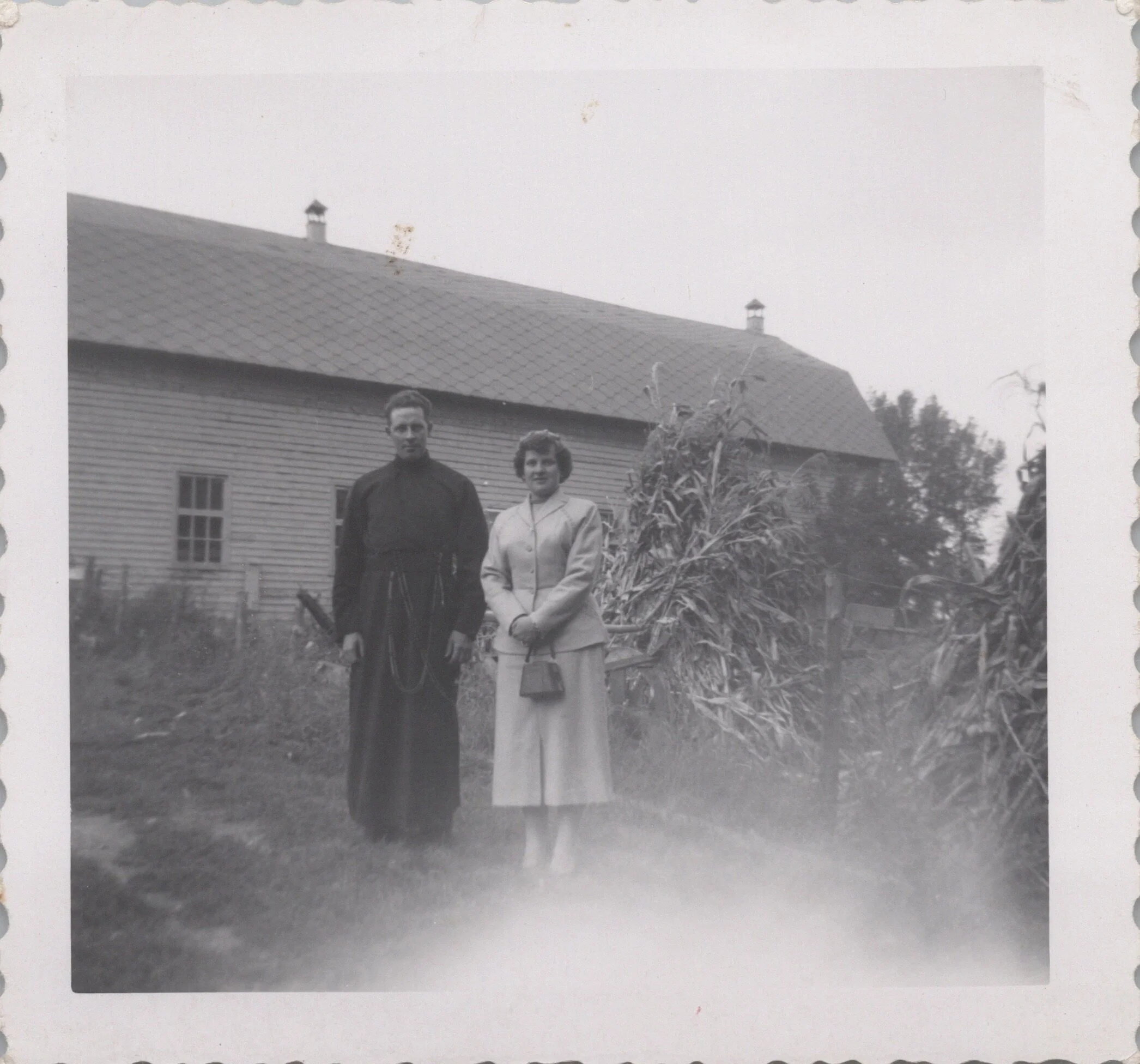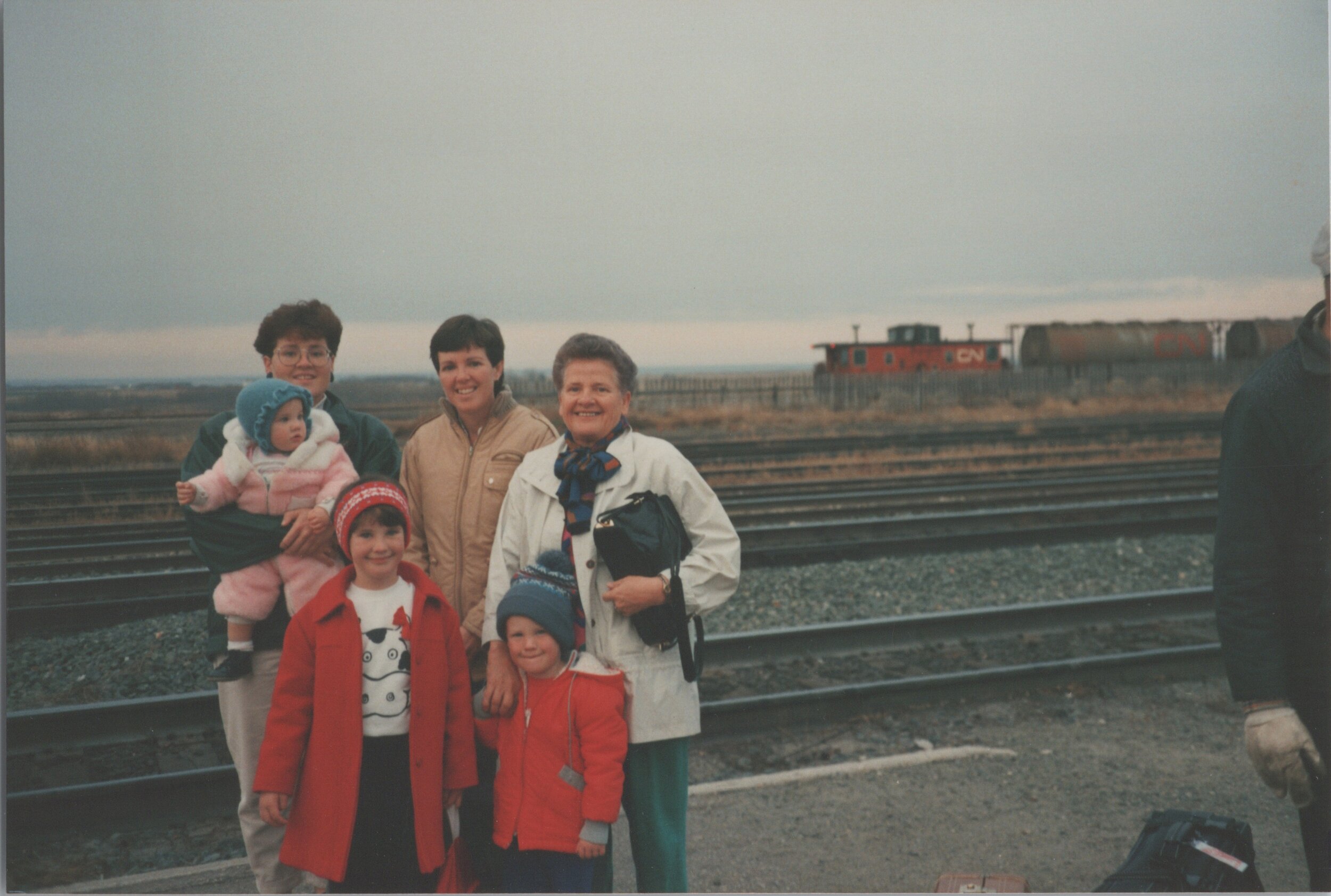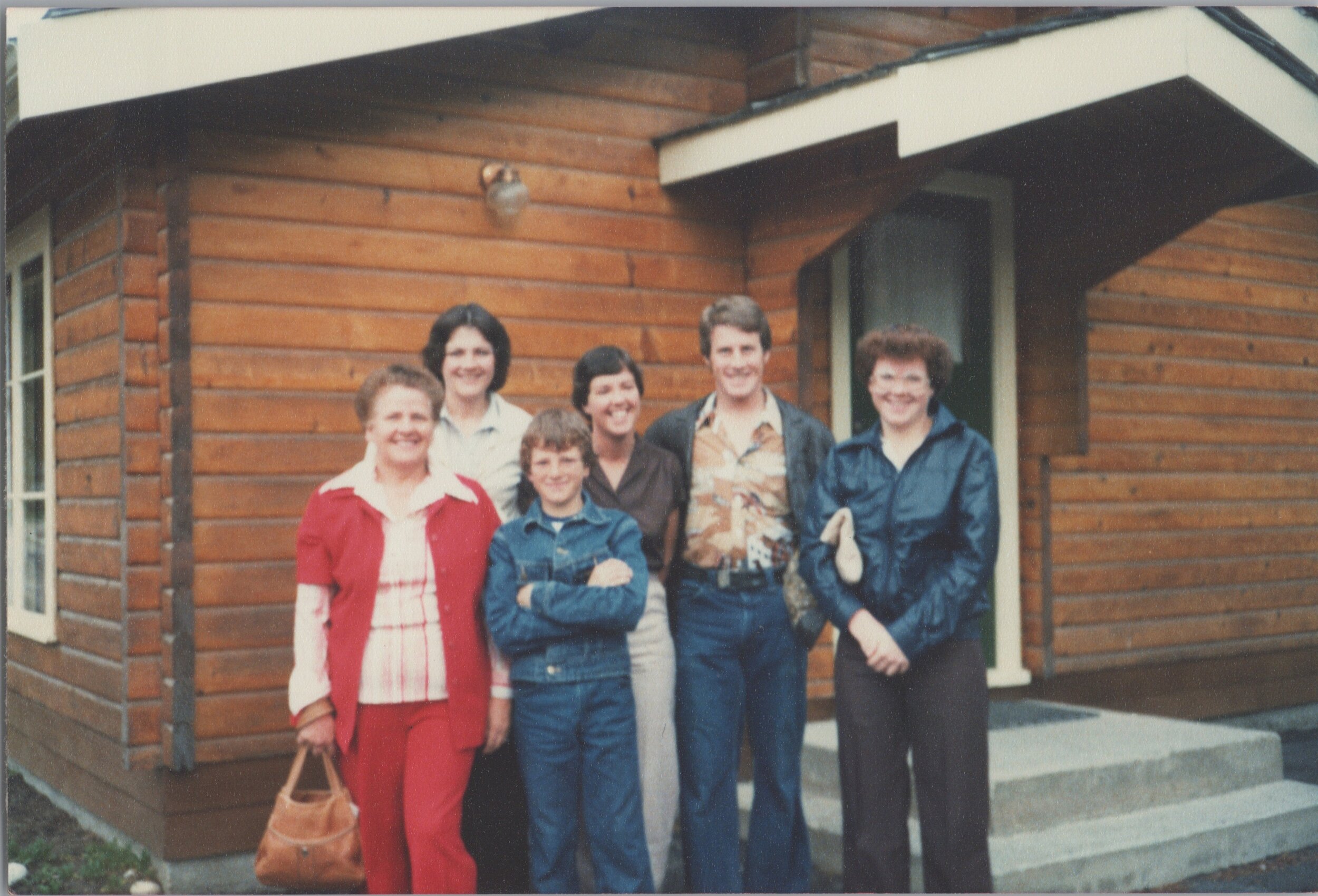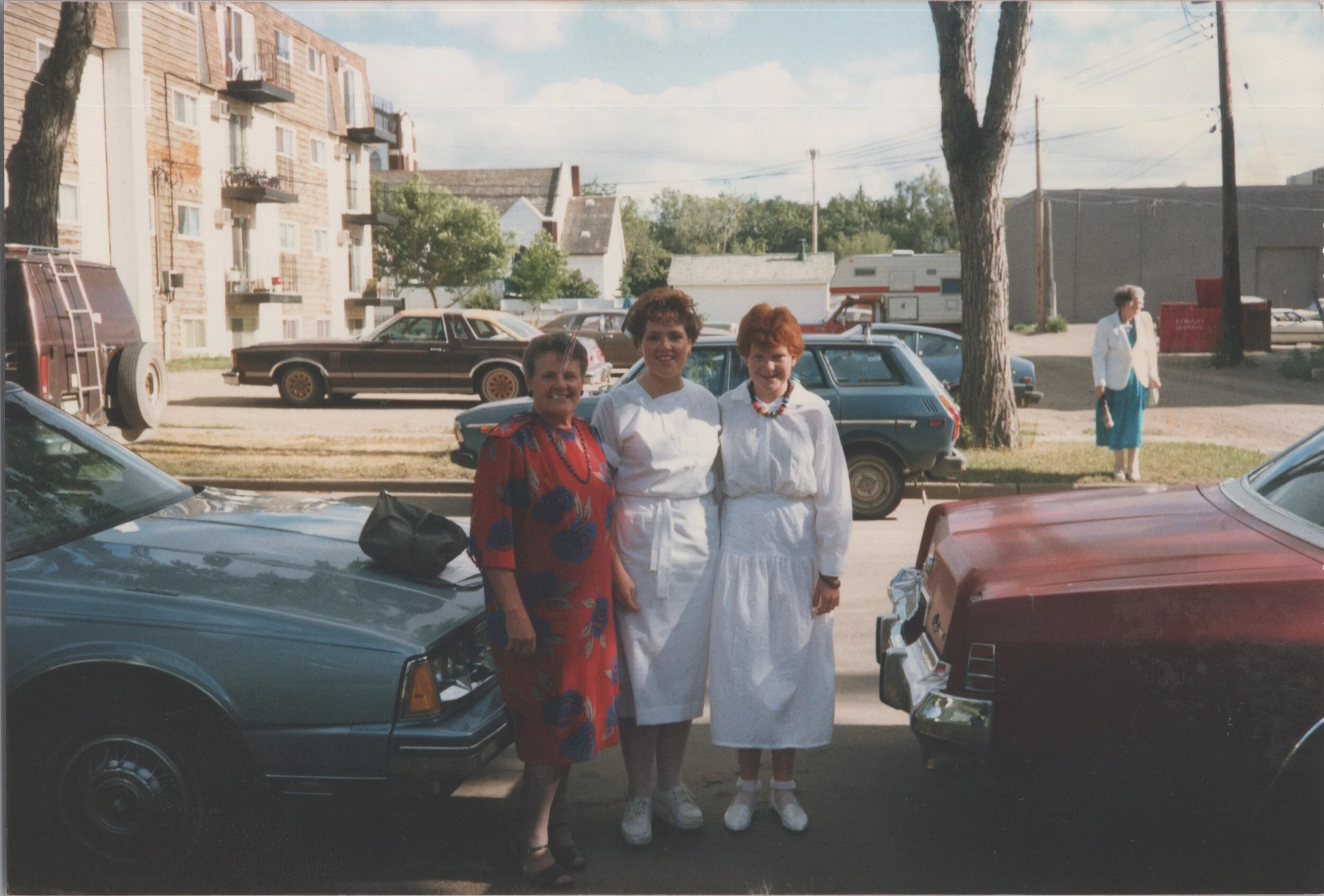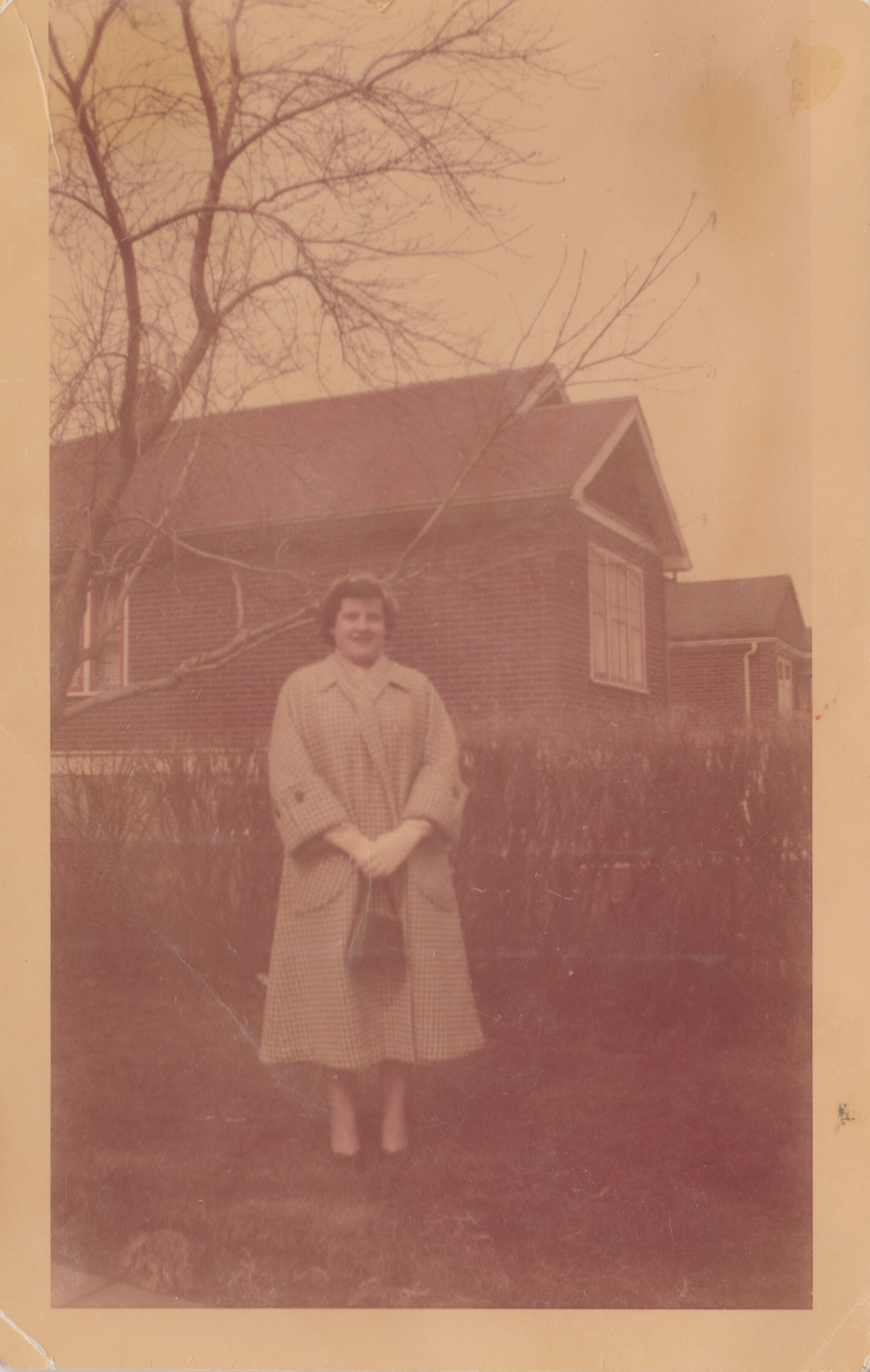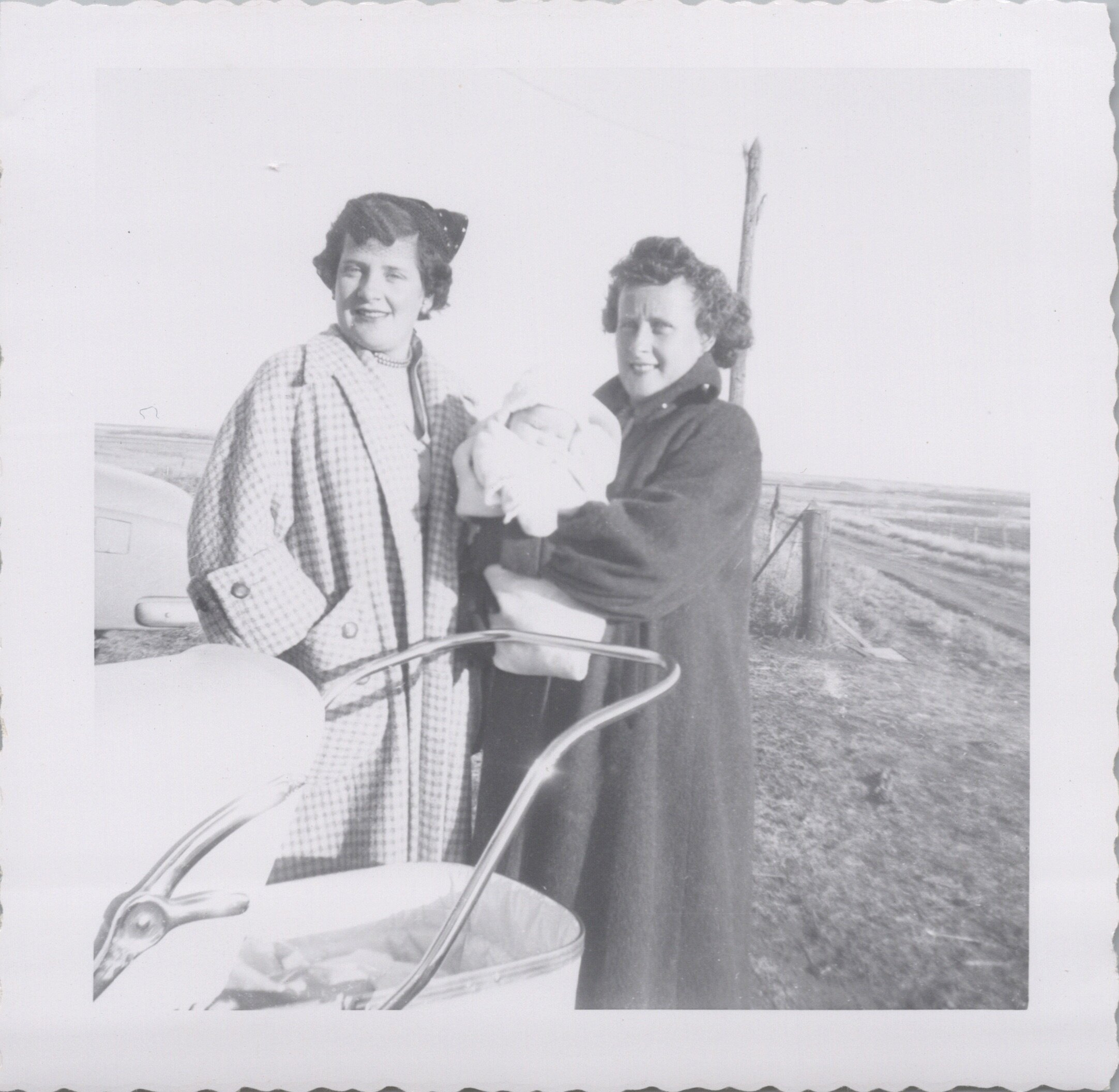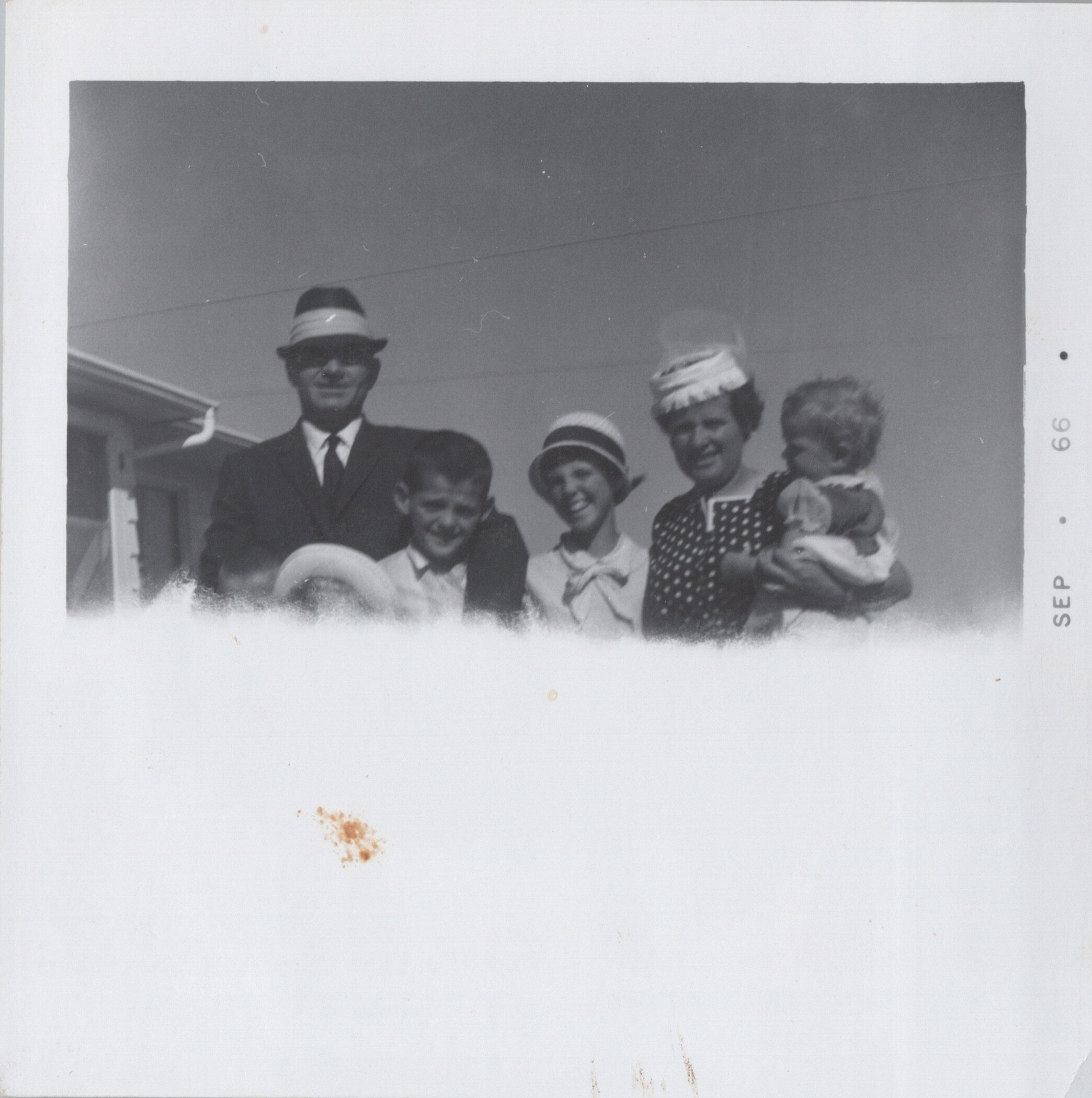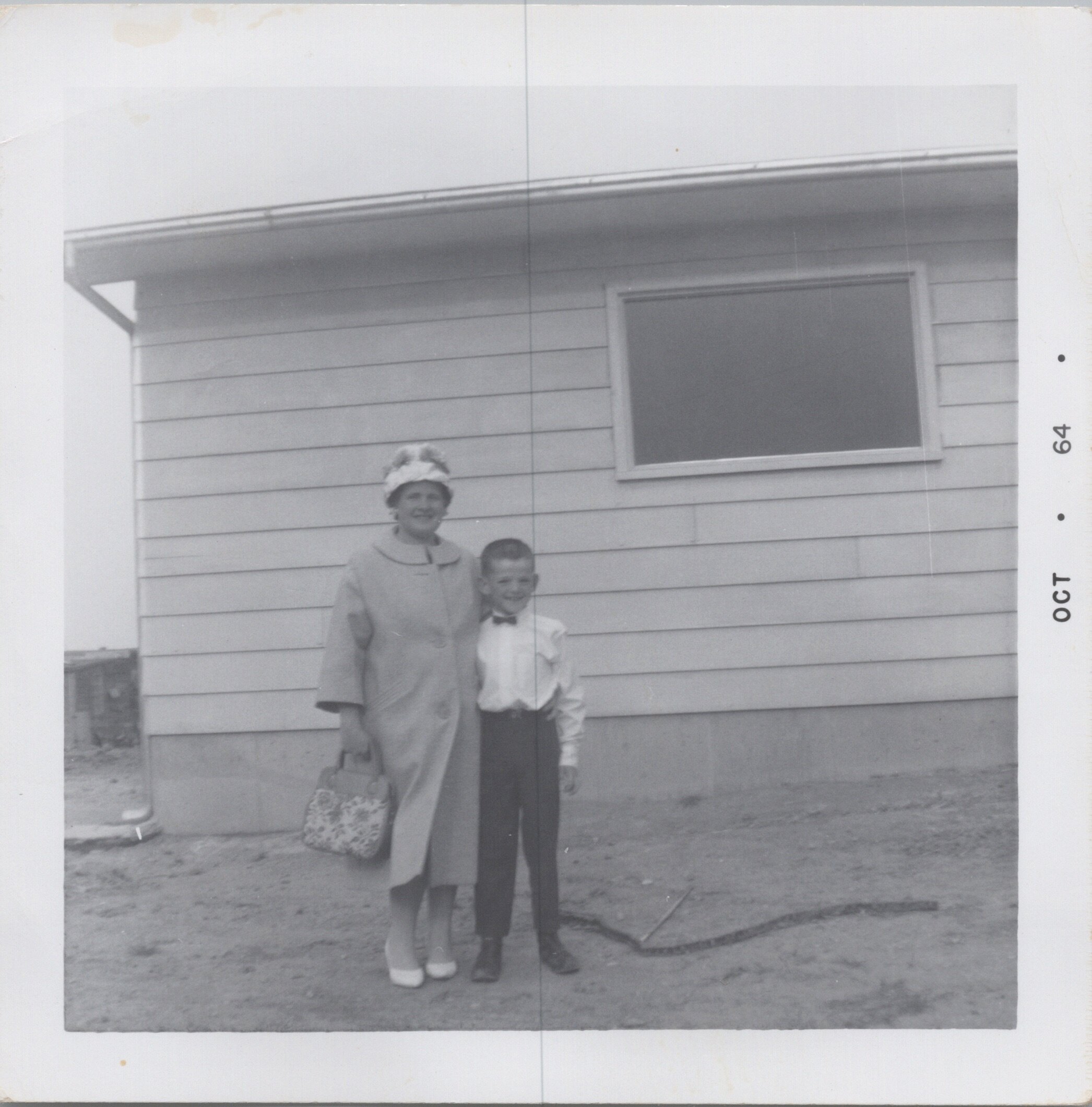About five years ago, I had an idea. I thought it was brilliant. I wanted to gather into a single spot all the businesses that were local to Winnipeg. I’d research these businesses, find out when they opened, who were their owners and what made them unique. I settled on a format: an e-book with links and descriptions, but no pictures.
An e-book has the quality of being semi-permanent, semi-concrete. I could update it yearly, I thought, almost like a magazine. It could leave its electronic confines and become a printed document. Online, it would link to businesses: click on the link and there’s the business. For this, I’d charge a few dollars.
I collected over two-hundred businesses and fit them into four neat categories: things to buy for your baby, for your home, for yourself, or as a treat. There were subdivisions too. Home included antiques, furniture, pottery, and plants. For yourself included accessories, jewelry, beauty products, clothing designers and vintage clothing shops. Treat sources included cookie makers, chocolate artisans, candy stores, coffee shops and local honey producers. I wanted it to be as comprehensive as possible. I wanted the reader to feel as if they could recognize small business owners and be familiar with craft sale vendors. For this, an e-book seemed uniquely placed to do the job: it did not require accounts to be followed on social media, and it was more immediate than write-ups featured in the newspaper. To create this feeling required research, and research was something I enjoyed.
Historians are sometimes hired to sleuth through documents that provide proof in legal cases. A lawsuit against a school division can send a historian deep into class attendance lists and correspondence in cursive blue ink. Accumulating clues that fill in a picture for a specific person or place is incredibly exciting for a person like me. And so, it is not surprising that I used the same approach to fill in the individual portraits I painted for each business. I liked this. I liked learning about each business. Accumulating details with whatever was available online in newspaper archives, blog posts, magazine interviews and social media made me appreciate each entrepreneur’s story. Entrepreneurs, after all, have courage I don’t. They can sell a product and I cannot.
I involved my friend’s mom in the editing of the e-book. She is a grammar whiz, and I asked her to keep me accountable. Between December 2018 and March 2019, I would send her a few pages of the writing I had done for one category or the other. Summer 2019 was busy. My brother invited us to his wedding which became the reason for a road trip to BC where we camped and spent time with family. In the fall, I made some revisions, and then, determined to ship this project that had been occupying my mind for so long, published the e-book on Amazon and notified a portion of the business owners who were mentioned in it. Surely, they would be delighted by my thoughtful words. Word would spread. Who knows, I thought, maybe I’d be interviewed on CTV morning live.
I received some positive responses, but it wasn’t long before some glaring mistakes were revealed. And then, the thing that sleuthing historians are good for became a quality not all business owners appreciated. Some strongly preferred anonymity. Others were rightly annoyed that they had not been consulted first. I’m so sorry, I wrote. I’ll fix the mistakes, I wrote.
In a Q&A video on her vlog, Ariel Bissett once described how the hardest thing about freelancing is the uncertainty around self-made projects. The e-book was very much a self-generated project. I wanted to produce something useful and perhaps earn some money as well. Earning money would be a form of validation. However, when a project isn’t a success, when it meets obstacles, self-doubt creeps in and takes up residence. The comments were not so much negative as they were instructive. If I was to honour the idea I had for this project and satisfy the people who were its subject, I would need to devote more time and care into ironing out the flaws - on top of what had already been done. For every day that I delayed, I accused myself of losing my nerve. For every sad thought, there was a slap in the face of my own hubris and naiveté. I wanted to prove I was neither too sensitive nor too lazy. Worrying over the time it would take to execute the corrections, permissions, and revisions that were in order might be construed as laziness. For the winter of 2019, I put the e-book aside and concentrated on school work. It so happened that the number of classes I took and the tutoring job I had, filled my plate. I did not feel guilty for prioritizing these things.
In the beginning of 2020, I reasoned that I would have more time. I procrastinated awhile and then the pandemic arrived and I felt absolved. No one was going to be shopping. But shops re-opened and I told myself that small businesses could use support. I tried mustering up the courage to dive back in and yet, every time I thought of the e-book and the work, and the ever-changing landscape of small business, I could not envision dedicating all the time and effort the idea deserved.
Today, August 26th, I was again thinking about the project, and for the first time I felt my attachment to the idea loosen. This e-book was a good idea, I had good intentions, and it was well-written. The resources the final product would require, however, are too much for me. So I’m letting it go. I’m also releasing myself from the shame I have felt for failing my own idea.
One thing this project has yielded is a gorgeous e-book cover. I asked my sister Anna to design it, and she did a brilliant job! Thanks Anna! And thanks to everyone who understands the folly and infatuation of following an idea.


